SDG8 - DECENT WORK AND ECONOMIC GROWTH
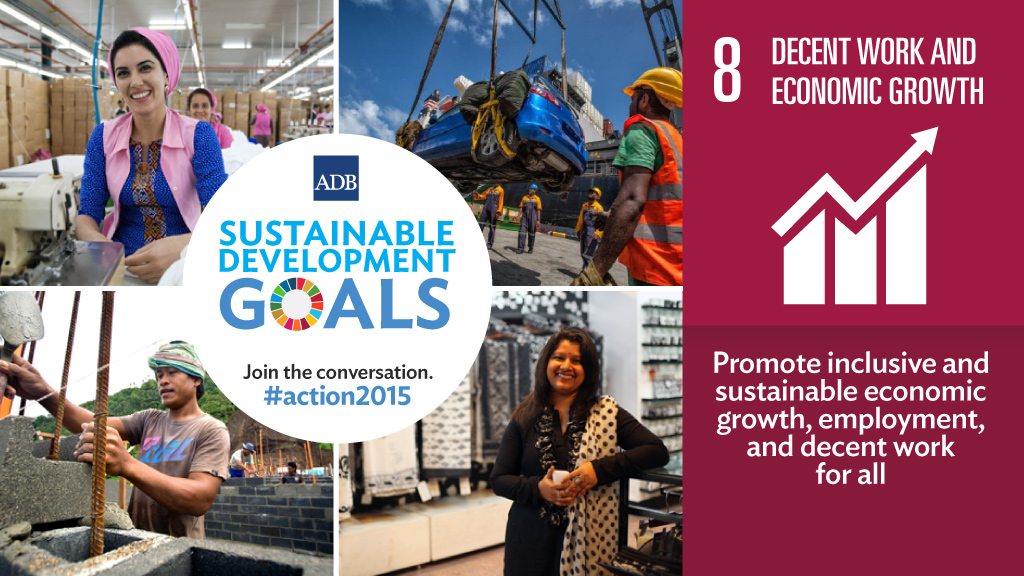
Courses tagged with "SDG8 - DECENT WORK AND ECONOMIC GROWTH"
- Teacher: Reem Abdelhakeem Abdelqader Mahmoud
- Teacher: Walid Anwar Mohamed Khairy Alraffey
- Teacher: Mariam Hatem Hagar
- Teacher: Hesham Abdel Hamed Emam Mansour
- Teacher: Hanaa Abdelahad Elsaeed Abdelkader
- Teacher: Ali Hamed Bastawesy
- Teacher: Abdel-Moniem Helmy Ismail Abdel-Hafez
- Teacher: computer science MSA
- Teacher: Bahaa Shabana
- Teacher: Hanan Tarek Abdullah Maroof
- Teacher: Nour Saad Zawawi
- Teacher: Zeinab Abd El Halim Taha El Maboud
- Teacher: Mohamed Elsayed Ghoneimy Mohamed
- Teacher: Raghda Essam Abd El-Razek Ali
- Teacher: Ali Hamed Bastawesy
- Teacher: Wael Hassan Gomaa
- Teacher: Reem Kadry
- Teacher: computer science MSA
- Teacher: Mariam Osama Abo Ghonima Kottb
- Teacher: Hanan Tarek Abdullah Maroof
- Teacher: Momen Zaher
- Teacher: Nour Saad Zawawi
- Teacher: Zeinab Abd El Halim Taha El Maboud
- Teacher: Hesham Abdel Hamed Emam Mansour
- Teacher: Hanaa Abdelahad Elsaeed Abdelkader
- Teacher: Nadeen Amgad Mahmoud Mohamed
- Teacher: Ali Hamed Bastawesy
- Teacher: computer science MSA
- Teacher: Marwa Mohamed Solayman Taha
- Teacher: Mohab Sameh Ibrahim Abd Elwahab
- Teacher: Hanan Tarek Abdullah Maroof
- Teacher: Nour Saad Zawawi
- Teacher: Zeinab Abd El Halim Taha El Maboud
- Teacher: Hesham Abdel Hamed Emam Mansour
- Teacher: Ali Hamed Bastawesy
- Teacher: Mostafa Hassan Mostafa Hassan
- Teacher: computer science MSA
- Teacher: Mohab Sameh Ibrahim Abd Elwahab
- Teacher: Momen Zaher
- Teacher: Nour Saad Zawawi
- Teacher: Hesham Abdel Hamed Emam Mansour
- Teacher: Raghda Essam Abd El-Razek Ali
- Teacher: Ali Hamed Bastawesy
- Teacher: Mostafa Hassan Mostafa Hassan
- Teacher: computer science MSA
- Teacher: Ahmed Mohamed Mohamed Mostafa Neil
- Teacher: Ahmed Mostafa Abd Elaal
- Teacher: Moataz Samy
- Teacher: Hanan Tarek Abdullah Maroof
- Teacher: Momen Zaher
- Teacher: Zeinab Abd El Halim Taha El Maboud
- Teacher: Hesham Abdel Hamed Emam Mansour
- Teacher: Nadeen Amgad Mahmoud Mohamed
- Teacher: Ali Hamed Bastawesy
- Teacher: Rahma Hussein Eid
- Teacher: Reem Kadry
- Teacher: computer science MSA
- Teacher: Momen Zaher
- Teacher: Nour Saad Zawawi
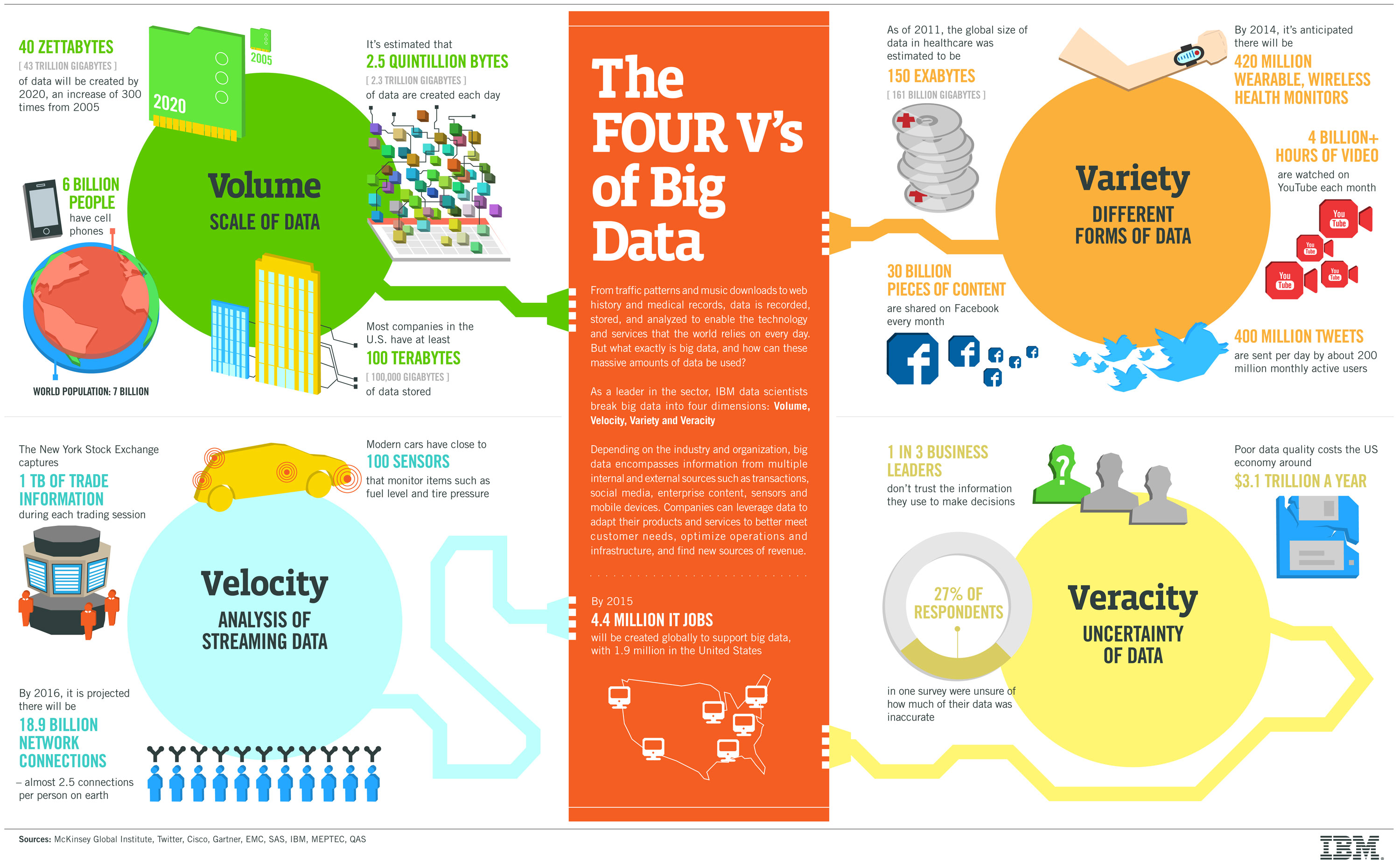
- Teacher: Islam ElShaarawy
- Teacher: Ali Hamed Bastawesy
- Teacher: computer science MSA
- Teacher: Nour Saad Zawawi
- Teacher: Zeinab Abd El Halim Taha El Maboud
- Teacher: Yara Adel Ahmed Hassan
- Teacher: Maryam Ahmed Hassnin
- Teacher: Mahmoud Ali Abd Elnaby
- Teacher: Dr.Yasmine Eid Yousef
- Teacher: Ali Hamed Bastawesy
- Teacher: Sara Hani Ibrahim Desouki
- Teacher: Youssef Hazem Sharabas
- Teacher: Rahma Hussein Eid
- Teacher: computer science MSA
- Teacher: Hanan Mohamed Alkholy
- Teacher: Habiba Mohamed Mosa Ali
- Teacher: Maha hatem Mohamed
This module introduces the field of human computer interaction with emphasis on its impact on software design. It provides the student with theories and models of the way users think and work to guide the students to best design the interface to suite users’ preferences. It provides an understanding of the underlying processes of human perception, information processing, and demonstrates their relevance to user interface design. Students will learn how to apply mechanisms such as feedback, user support, navigation aids and good screen design in constructing interface designs that match users' needs. Students will also learn techniques for evaluating user interface designs that are grounded in theory.
- Teacher: Zeinab Abd El Halim Taha El Maboud
- Teacher: Hesham Abdel Hamed Emam Mansour
- Teacher: Mohamed Ashraf
- Teacher: Farah Darwish Gharib Mohamed Ali
- Teacher: Raghda Essam Abd El-Razek Ali
- Teacher: Ayman Ezzat Atia
- Teacher: Shereen Fathy El-Sayed El-Feky
- Teacher: Dr. Mohammad Ghoniem
- Teacher: Ali Hamed Bastawesy
- Teacher: Rahma Hussein Eid
- Teacher: Sara Khaled
- Teacher: computer science MSA
- Teacher: Dr.Sherine Mohamed
- Teacher: Ahmed Mohamed Mohamed Mostafa Neil
- Teacher: Momen Zaher
- Teacher: Maha hatem Mohamed
This is a core module for web programming. The student will learn the client-side aspect of web programming. The topics will cover different client-based techniques and their applications in real world. Emphasis will be made on Markup and Scripting languages and their use in web applications.
- Teacher: Hesham Abdel Hamed Emam Mansour
- Teacher: Dr.Ibrahim Abdelrahman
- Teacher: Maryam Ahmed Hassnin
- Teacher: Ibrahim Eldesoky Fatouh
- Teacher: Raghda Essam Abd El-Razek Ali
- Teacher: Dr.Sherin Farid
- Teacher: Rofida Gamal Mohamed Mahmoud
- Teacher: Dr. Mohammad Ghoniem
- Teacher: Ali Hamed Bastawesy
- Teacher: Sara Hani Ibrahim Desouki
- Teacher: Mennatallah Khaled Nasr-Eldin Ahmed Sawy
- Teacher: computer science MSA
- Teacher: Dr.Sherine Mohamed
- Teacher: Nehal Mohamed Abdelhamied Ali
- Teacher: Ibrahim Mohamed Ibrahim
- Teacher: Fatma Mohamed Kilany
- Teacher: Ahmed Mostafa Abd Elaal
- Teacher: Moataz Samy
- Teacher: Hanan Tarek Abdullah Maroof
- Teacher: Ahmed Yasser Ahmed Abdelaziz
- Teacher: Heba Youssef Mohamed
- Teacher: Momen Zaher
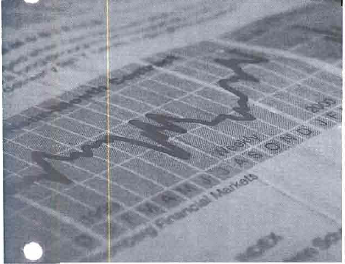
- Teacher: Sameh Ahmed Salah El-Dein
- Dr. Ali Bahig: Youssef Amr Mahmoud Naga
- Dr. Ali Bahig: Ali Bahig Ali
- Dr. Ali Bahig: Amgad Bayoumy Aly
- Teacher: Diaa Hafez
- Teacher: Maysa Mahmoud Fathy Omar
- Teacher: Dr.Nabila Nowaira
- Teacher: Prof.Dr.Hafez Radi
- Dr. Ali Bahig: Mina Sameh Ghobrial
- Teacher: Prof.Nahed Sobhi abd elnour
- Teacher: Mona afifi
- Teacher: Dr. mohamed el said hassan
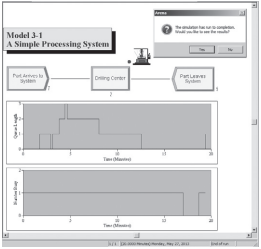
|
- This module is designed to provide senior students with an in-depth understanding of the simulation modeling process. - Topics covered include the fundamental concepts of simulation modeling. - The time advance mechanisms, input data analysis techniques, model validation and verification concepts, designing simulation experiments, and simulation output analysis approaches. - Hands- on exercises to be conducted to develop discrete – event simulation models using the simulation package ARENA with applications from the manufacturing and service sectors. |
- Teacher: Sameh Ahmed Salah El-Dein
- Dr.Ali Bahig: Dr.Ahmed Akram Fawzi
- Dr.Ali Bahig: Youssef Amr Mahmoud Naga
- Dr.Ali Bahig: Ali Bahig Ali
- Teacher: Diaa Hafez
- Teacher: Maysa Mahmoud Fathy Omar
- Teacher: Dr.Nabila Nowaira
- Teacher: Prof.Dr.Hafez Radi
- Teacher: Prof.Nahed Sobhi abd elnour
- Teacher: Mona afifi
- Teacher: Dr. mohamed el said hassan
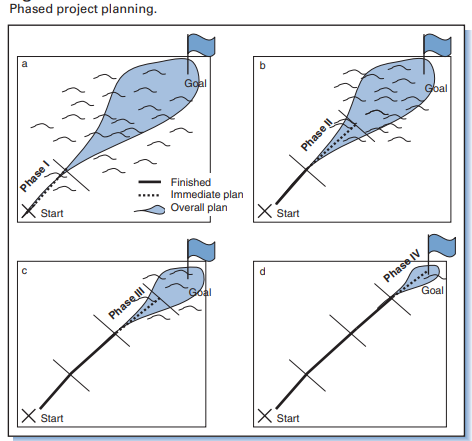
- This module is designed to provide students with an analysis of real world complex project systems including planning phase, scheduling phase and control phase.
- The Planning Phase includes network development, precedence diagramming as well as expansion, condensation and elimination of activities.
- The scheduling phase includes deterministic and probabilistic duration times, forward and backward pass computation, slack time calculation, and critical path identification.
- The control phase includes cost control monitor, resource constrains, and time-cost tradeoff. Organization staffing and evaluating alternatives are also included.
- Real case studies.
- Teacher: Ali Bahig Ali
- Teacher: Amgad Bayoumy Aly
- Teacher: Diaa Hafez
- Teacher: Maysa Mahmoud Fathy Omar
- Teacher: Dr.Nabila Nowaira
- Teacher: Prof.Dr.Hafez Radi
- Teacher: Prof.Nahed Sobhi abd elnour
- Teacher: Mostafa Zaky Mohamed
- Teacher: Mona afifi
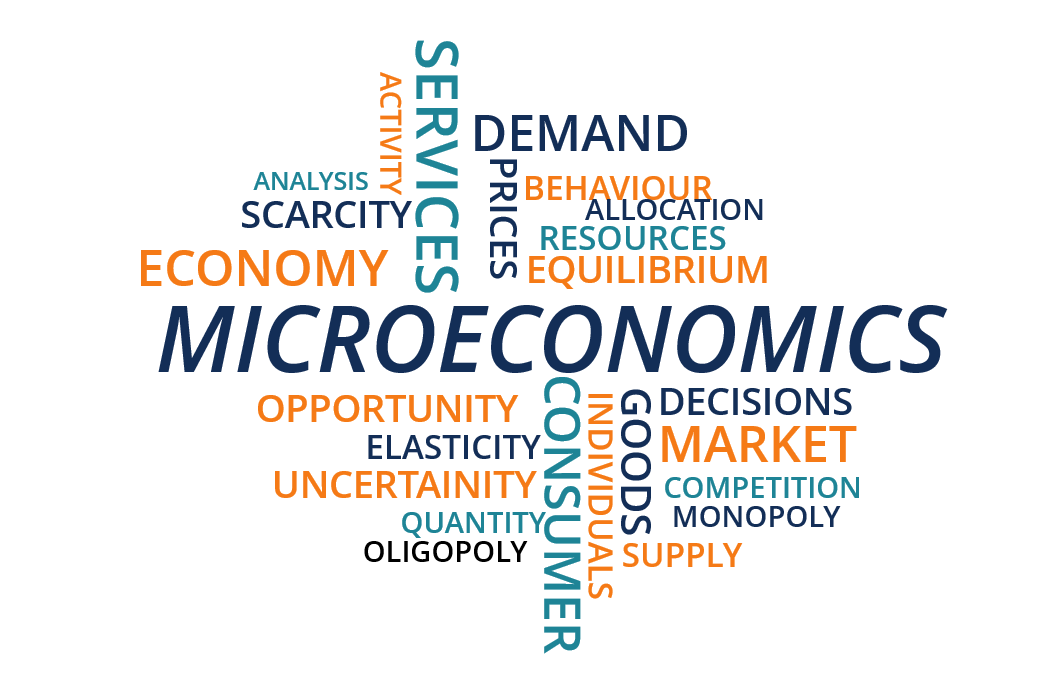
This module aims to further enhance and complement the students’ knowledge and skills in basic econometrics and to tackle further problems encountered in estimating regression models. The module aims thus to prepare students with the necessary knowledge and skills needed to start their graduate econometrics module. All econometric models built are directly or indirectly linked to several Sustainable Development Goals (SDG) aiming to narrowing the gap economic theory and empirical applications through testing real live data. It is related to reducing poverty, improving health, climate action, sustainable and responsible production and consumption behavior , and enhancement of competitiveness , industries and innovation.
- Teacher: Dr.Doaa Abdou
- Teacher: Nada Fouad Kassem Elsahaar
- Teacher: Asmaa Mohamed Kamal Deifallah
- Teacher: Esmat Mostafa Kamel
- Teacher: Adel Samir Mohammed Awaad
This unit aims to enhance the students’ knowledge and skills needed to conduct a research paper of substantial depth and length under the supervision of a faculty member, whether it is theoretical based on literature review and analysis, or empirical based on econometric, statistical or mathematical analysis.
Topics selected by students for their graduation projects are closely linked to sustainable development goals, especially SDG8 related to decent work and economic growth, as they create models where they try to determine the main catalysts for growth in certain countries or regions. Students also choose topics related to reducing poverty (SDG1) or inequality (SDG10), quality education (SDG4) gender equality (SDG5) and many other SDGs.- Teacher: Dr.Doaa Abdou
- Teacher: Nadine Amr Mohamed Abdelmoneim Hosny
- Teacher: Dr. Heba Ezz Helmy
- Teacher: Maha Ismail Mahfouz Ismail
- Teacher: Salma Kamal Zanaty Mahran
- Teacher: Nadeen Sherif Mamdouh Eladawy
This unit aims to enhance the students’ knowledge and skills needed to conduct a research paper of substantial depth and length under the supervision of a faculty member, whether it is theoretical based on literature review and analysis, or empirical based on econometric, statistical or mathematical analysis.
Topics selected by students for their graduation projects are closely linked to sustainable development goals, especially SDG8 related to decent work and economic growth, as they create models where they try to determine the main catalysts for growth in certain countries or regions. Students also choose topics related to reducing poverty (SDG1) or inequality (SDG10), quality education (SDG4) gender equality (SDG5) and many other SDGs.
- Teacher: Dr.Doaa Abdou
- Teacher: Dina Ali Mohamed Ali Seiam
- Teacher: Nadine Amr Mohamed Abdelmoneim Hosny
- Teacher: Dr. Heba Ezz Helmy
- Teacher: Fatma Hesham Saber
- Teacher: Salma Kamal Zanaty Mahran
- Teacher: Esmat Mostafa Kamel
- Teacher: Nadeen Sherif Mamdouh Eladawy
- Teacher: T.A.Nouran said mohamed abd el menaam mahmoud

This module aims to examine the structure of the banking system, the financial system and the components and functions of money. It also aims to assess methods of determination of interest rates and exchange rates. It also analyses the role of central banks, the process of multiple deposit creation and evaluates the theoretical and empirical aspects of the role of monetary policy in macroeconomic stabilization and economic growth.
This module is linked to the sustainable development goals, especially SDG8 related to decent work and economic growth, as the module teaches students how policy makers can use fiscal and monetary policies in enhancing economic growth.
- Teacher: Sara Abdel Baset Mohamed
- Teacher: Dr.Doaa Abdou
- Teacher: Menna Ahmed Elsayed Salem
- Teacher: Dina Ali Mohamed Ali Seiam
- Teacher: Nagah Ashraf Mohamed
- Teacher: Ahella Ayman Roshdy Abdel Ghaffar
- Teacher: Mona Bedier
- Teacher: Dina Ehab Saleh Elsayed
- Teacher: Dr. Heba Ezz Helmy
- Teacher: Dr.Ranya Ibrahim Yousif
- Teacher: Salma Kamal Zanaty Mahran
- Teacher: Dr.Mai Mohammed Yasser
- Teacher: Mohamed Nafea
- Teacher: Nadra Nemr Fouad Marks
- Teacher: Nadeen Sherif Mamdouh Eladawy
- Teacher: Roba Tarek Mahmoud El Nahas
- Teacher: Dr.Rehab mohammed mahmoud el bordiny
- Teacher: T.A.Nouran said mohamed abd el menaam mahmoud

- Teacher: Sarah Mohamed El Sonbaty
- Teacher: Dr.Doaa Abdou
- Teacher: Dina Ali Mohamed Ali Seiam
- Teacher: Nadine Amr Mohamed Abdelmoneim Hosny
- Teacher: Fatma Hesham Saber
- Teacher: Dr.Mai Mohammed Yasser
- Teacher: Dr.Rehab mohammed mahmoud el bordiny
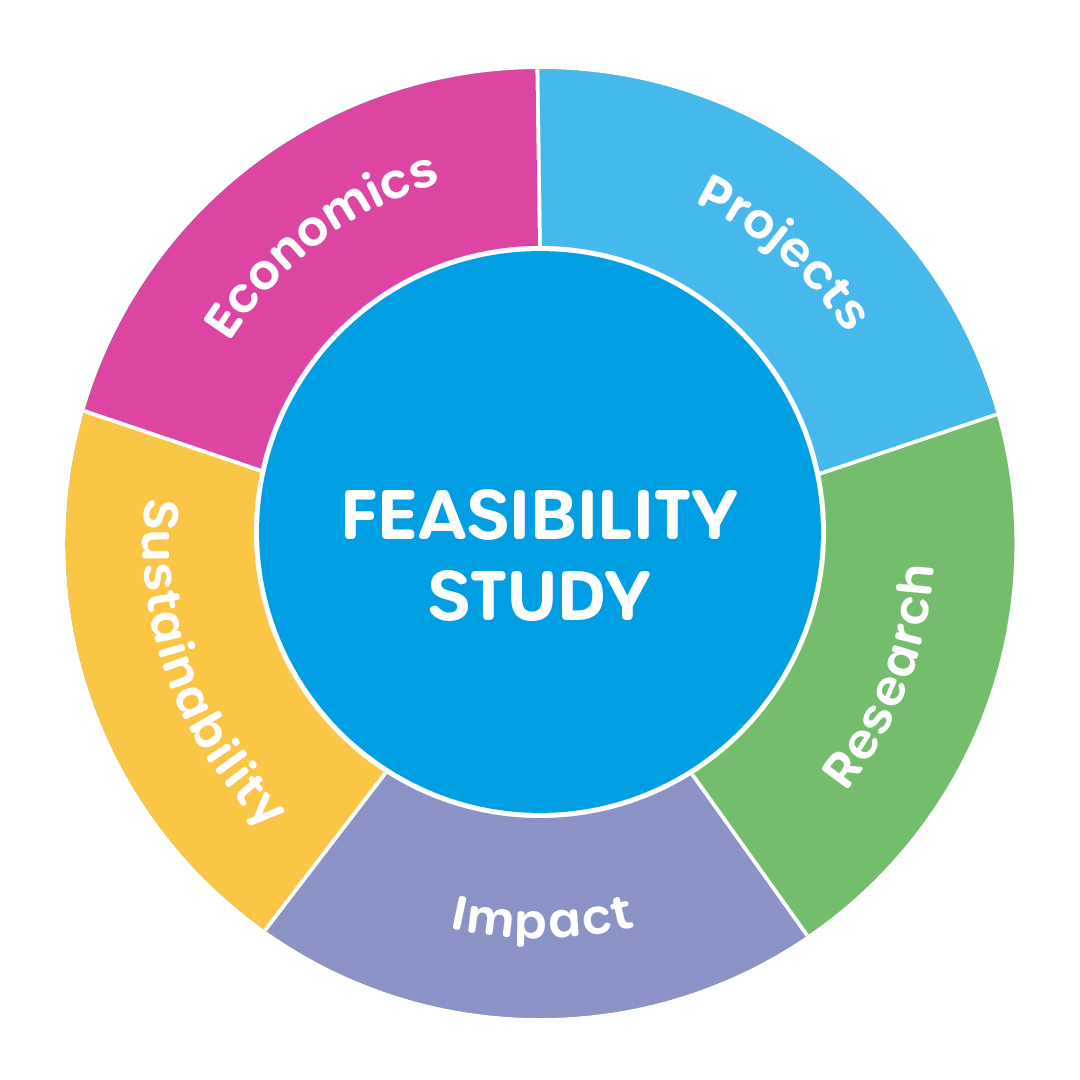
This module aims to provide students with the basic tools for feasibility study preparation including pre-feasibility study, selection of project, financial analysis, and investment appraisal. It provides a brief coverage of the cost-benefit analysis used in evaluating public projects. It allows the students to utilise what they have learned in various courses such as Accounting, Economics, Finance, Marketing and Management, in the preparation of the feasibility study of projects.
- Teacher: Dr.Doaa Abdou
- Teacher: Nadine Amr Mohamed Abdelmoneim Hosny
- Teacher: Nada Fouad Kassem Elsahaar
- Teacher: Salma Kamal Zanaty Mahran
- Teacher: Nadeen Sherif Mamdouh Eladawy
- Teacher: Roba Tarek Mahmoud El Nahas
- Teacher: Dr.Rehab mohammed mahmoud el bordiny

This module is the first part of two twin modules teaching the history of economic thought. The aim of this module is to explain and evaluate the evolution of economic thought starting from the Greek times till the mid-nineteenth century and the emergence of Marxist thought.
Although historical, this module contributes in the theoretical economic underpinning of the 2030
Agenda and the role of classical and neoclassical economic theory in this context. Most economic theories – as the 2030 Agenda – are related to
every aspect of sustainability especially those linked to decent work and economic growth (SDG 8), reduced inequality (SDG 10) and peace, justice and strong institutions (SDG 16).
- Teacher: Dr.Doaa Abdou
- Teacher: Menna Ahmed Elsayed Salem
- Teacher: Dina Ali Mohamed Ali Seiam
- Teacher: Nada Fouad Kassem Elsahaar
- Teacher: Dr. Heba Ezz Helmy
- Teacher: Salma Kamal Zanaty Mahran
- Teacher: Nour Tamer Ali Elsayed Ghouniem
- Teacher: Roba Tarek Mahmoud El Nahas
- Teacher: Dr.Rehab mohammed mahmoud el bordiny
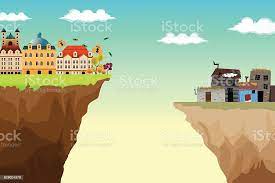
This module is designed to explore the existing and challenging subjects of economic development. The course focuses on the basic concepts of economic development, the development gap, measurement of income distribution and poverty, sources of finance and analyses some of the major development problems and policies.
Many of the United Nations 17 Sustainable Development Goals are discussed in this module especially with respect to the relative success of developing countries in achieving such goals.
- Teacher: Dr.Doaa Abdou
- Teacher: Nadine Amr Mohamed Abdelmoneim Hosny
- Teacher: Dr. Heba Ezz Helmy
- Teacher: Salma Kamal Zanaty Mahran
- Teacher: Dr.Rehab mohammed mahmoud el bordiny

This module is the second part of two twin modules focusing on the history and development of economic thought. The aim of this module is to explain and evaluate the evolution of economic thought starting from the end of the first part module namely the emergence of Marxist thought till the contemporary developments in macroeconomics and microeconomics.
Although
historical, this module contributes in the theoretical economic
underpinning of the 2030
Agenda and the role of classical and neoclassical economic theory in
this context. Most economic theories – as the 2030 Agenda – are related
to
every aspect of sustainability especially those linked to decent work
and economic growth (SDG 8), reduced inequality (SDG 10) and peace,
justice and strong institutions (SDG 16).
- Teacher: Dr.Doaa Abdou
- Teacher: Menna Ahmed Elsayed Salem
- Teacher: Nada Fouad Kassem Elsahaar
- Teacher: Dr. Heba Ezz Helmy
- Teacher: Dr.Rehab mohammed mahmoud el bordiny
This course is the first phase of the graduation projects of PR and Advertising. It is mainly the extensive research part. It contains the extensive research part, data collection, data analysis where the students do a survey and analyse the results and relate the results to the already read material.
The research is about a social marketing problem to be solved in the Egyptian society, or about rebranding of an already existing Egyptian entity.
The idea of the research has to be related to the SDGs and the Egyptian sustainable plan 2030.
The students do not only study the problem in the Egyptian society, but also they provide the scientific solutions for it. They are asked to seek professional help from real practitioners in the field to provide real solutions to the problem. This happens through the interviews with practitioners related to the problem.
The same thing applies in the rebranding part, they manage to choose an Egyptian entity and follow the rebranding marketing plan to make it a new different entity.
In both cases, they do huge extensive literature review, similar campaigns and its results, Swot analysis, macro environment, decide on the variables for the survey, conduct the survey, analyse it and come up with solutions.
SDG- Teacher: Radwa Ahmed Youssef Manie
- Teacher: Lama Atef Atta Atta Bisher
- Teacher: Haya Badr Mohamed
- Teacher: Nada Bahgat Abd Elazim Mohamed
- Teacher: Rania Elsaied Ahmed Shaaban
- Teacher: Lamees Magdi Mahmoud El Baghdady
- Teacher: Hassan Marrie
- Teacher: Ahmed Mohamed Abdel Aziz
- Teacher: Monia Mohsen Mahmoud fahmy
- Teacher: Nesrin Nader
- Teacher: Islam Nasser
- Teacher: Rana Reda Abbas Mohamed Rashad
- Teacher: Sally Saeed Hassanien Mohamed
- Teacher: Dina Younis
- Teacher: Monda magdi Mustafa
This module aims:
• To enable students to design, refine and do the preparatory research for the development of an independent, self-directed broadcast project;
• To enable students to produce work which will build on, extend and/or refine issues, practices, concepts and approaches which formed part of their previous learning on their programme of study;
• To promote the development of the skills required for the development of independent project work.
• To allow students to develop project work which will permit a critical reflection on broadcasting and broadcast practice.
Ideas and topics tackled in this unit serve the development of the society through discussing different social problems, community services initiatives, health and well being issues, gender equality, economic growth, reduced inequalities and partnerships. The SDGs are a main theme in this unit, students do extensive research to cover the topic in hand and develop an independent project.
- Teacher: Afaf Abdel Gawad Ali Tobbala
- Teacher: Yasmin Ahmed Ali Hasan Fouad
- Teacher: Salma Ali Samy
- Teacher: Dr.Nesseen Bahaa Aldeen
- Teacher: Habiba ElSherbiny
- Teacher: Mona Fathy Abd Elrahman Badran
- Teacher: Hala Galal Elsayed Mohamed
- Teacher: Khaled Gamal Abdou
- Teacher: Donia Mohamed Essam
- Teacher: Reham Mohamed Salah
- Teacher: Hala Mostafa Alzahed
- Teacher: Nervan Nabil Mohamed Abass
- Teacher: Fieby Raouf Fahmy
- Teacher: Reham Sami Hussein
- Teacher: Noha Samir Taha Mahgoub
- Teacher: Hams Tamer Abdellatif Abdelrazik
- Teacher: loay fahmy hassan